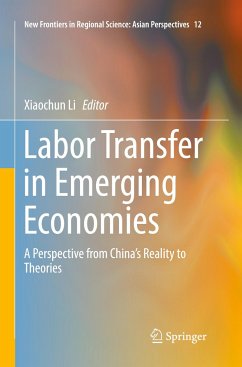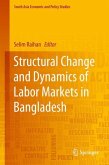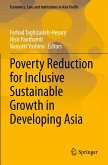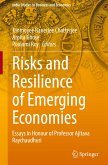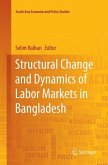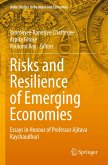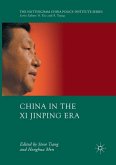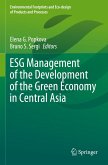Based on new phenomena appearing in many emerging economies, this book presents a theoretical study on the economic influences of labor transfer from several aspects. In recent years, thanks to the continuous progress of social forms as well as science and technology, there are a large number of new developing trends in emerging nations. Taking China as an example, several economic issues have sprung up with the huge scale of labor transfer, such as development of modern agriculture, environmental protection, privatization of mixed enterprises, training of human capital, and migrant workers' remittances to their hometowns. However, the existing researches on labor transfer pay little attention to them. In order to bridge the gap, this book combines new economic data with basic theories of labor migration, and discusses economic influences of labor transfer in four angles: human capital, migrants' remittances, environmental protection, and development of modern agriculture. Each part is composed of two or three analytical elements. Our conclusions not only enrich existing theoretical researches, but also provide theoretical support for related national economic policies.
Bitte wählen Sie Ihr Anliegen aus.
Rechnungen
Retourenschein anfordern
Bestellstatus
Storno

